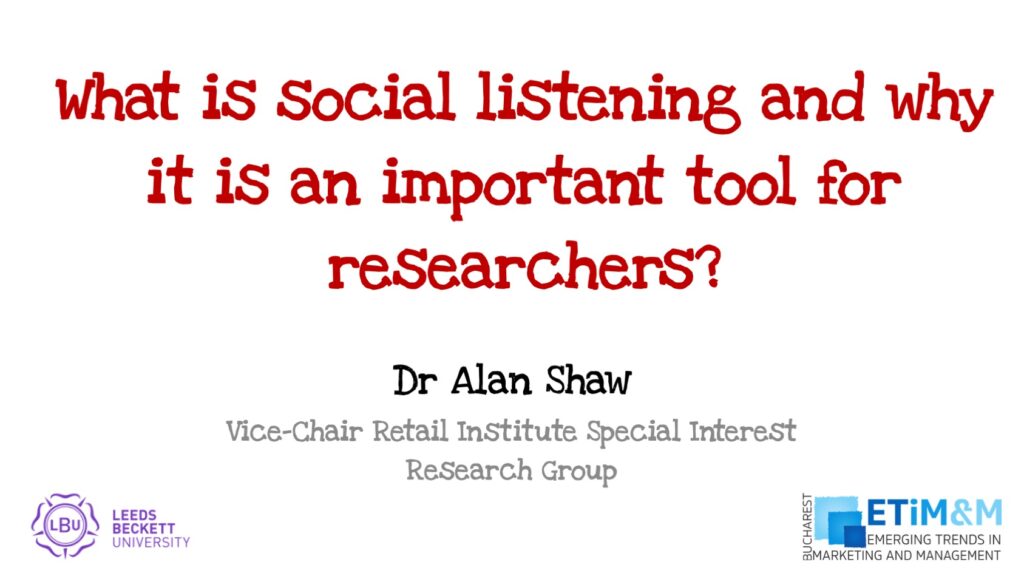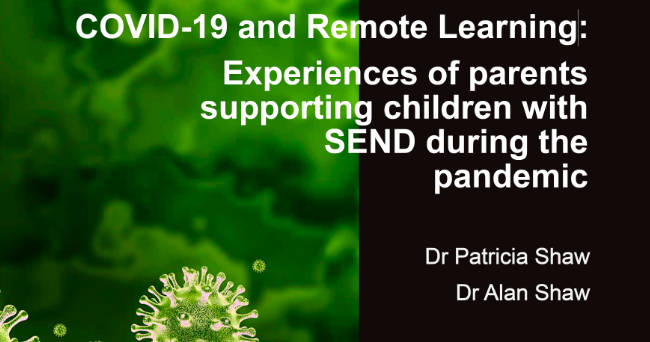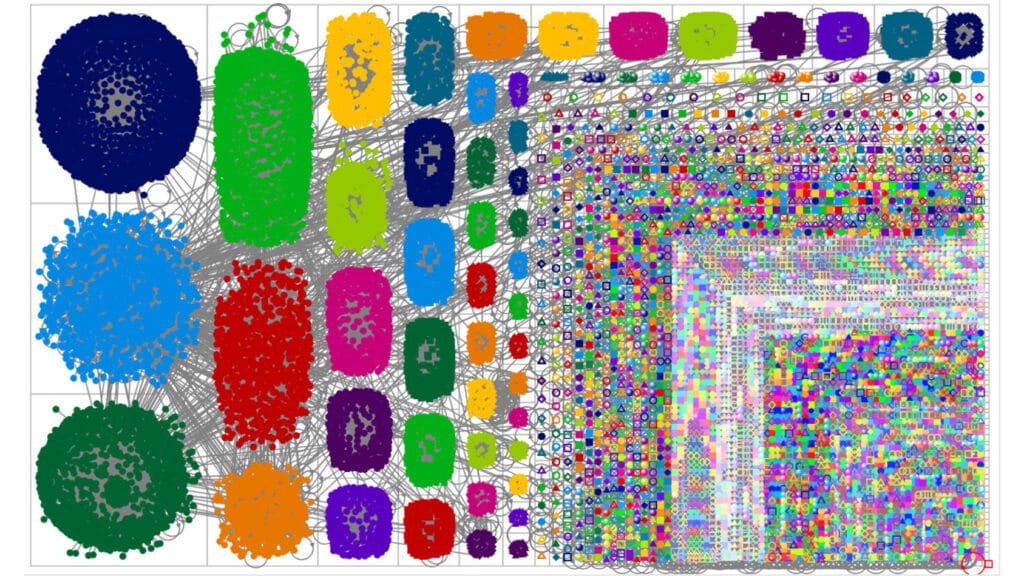 Last week I had the great pleasure in attending a Department of Health brainstorming workshop. It focused on the 3 Million Lives campaign. The group was made up of healthcare professionals (HCPs), industry providers and elements of the third sector. For those of you unfamiliar with the campaign, here is a quick reminder:
Last week I had the great pleasure in attending a Department of Health brainstorming workshop. It focused on the 3 Million Lives campaign. The group was made up of healthcare professionals (HCPs), industry providers and elements of the third sector. For those of you unfamiliar with the campaign, here is a quick reminder:
3millionlives is about transforming service delivery for people with long term conditions, and/or social care needs, by utilising telehealth and telecare within health and social care services, enabling millions of people to receive the significant benefits evidenced in the UK’s Whole System Demonstrator trials (the largest randomised control trial of telecare and telehealth in the world). The trials resulted in:
-
A 15% reduction in A&E visits,
-
A 20% reduction in emergency admissions,
-
A 14% reduction in elective admissions,
-
A striking 45% reduction in mortality rates.
www.3millionlives.co.uk/pdf/3millionlives-News-Release.pdf
It is fair to say that the exact definition of telehealth and telecare is a little blurred. This is mainly due to the rapid pace of development. The important thing to remember is: telehealth and telecare provide telecommunication devices which are managed remotely to support patients. For the purpose of this article let’s define each term as follows:
Telehealth utilises a variety of modern technology platforms to monitor a patient’s medical condition remotely. The patient can be at home or on the move, their vital health signs are monitor 24/7 or at pre-designated times.
Telecare is the service that facilitates vulnerable and/or elderly people to lead independent lives in their own homes. Again, it utilises a variety telecommunication platforms to monitor an individual 24/7. Information is relayed back to a central portal and alerts are created to target those with the greatest needs. Individuals can also use it themselves to call for help.
Let’s now get back to the workshop: it had three objectives:
-
To review how the pace and scale of the campaign could be increased.
-
To identify how the private, public and third sectors could work together to make 3million lives a success.
-
To discuss ways of keeping the dialogue open and maintaining the momentum.
A great debate was had and many things were discussed, however I felt that the key issues could be summarized into four points:
-
A major PR and communications campaign is required to help promote Telehealth and Telecare. The campaigns should focus on commissioners, HCPs and the general public. Each segment will require a different message.
-
At the moment there is a lot of uncertainty amongst commissioners: the NHS is transitioning into clinical commissioning groups (CCGs). Many of these individuals are unclear what they will be doing next year. You then have these new CCGs, they will be learning how to manage a multi million pound health service. As a result of these changes the key individuals are likely to focus on the “safe options” and the “must haves”. The concept of Telehealth and Telecare is too new to be a top priority.
-
There is also some concern that healthcare professionals may see this technology as a threat to their jobs. This will not be the case; there will be great efficiency gains made by allowing practitioners to be more focused on the patients who really need their help.
-
The introduction of telehealth and telecare may potentially mean that personal health information will be shared with private enterprises. The recent public outburst about sharing this type of information will have to be addressed. One way of doing this is to publish case studies of individuals who have benefited from the technology. New transparent policies must also be developed to reassure the public.
Clearly this is not going to be a quick win. It is predicted to take up to five years to embed the new processes. During this period there will need to be a shift in culture both within the NHS and the general public. Once complete, the team is sure it will create huge benefits to society.
If you have any thoughts or comments please let me know and I will pass them on. For more information please visit the the 3millionlives website
Credits:
The lead picture is an adaption of the work by sscreations:
http://www.freedigitalphotos.net/images/view_photog.php?photogid=3038
Alan Shaw
Latest posts by Alan Shaw (see all)
- What is social listening and why it is an important tool for researchers? - July 31, 2021
- COVID-19 and Remote Learning: Experiences of parents supporting children with SEND during the pandemic. - June 30, 2021
- Using Netnography To Evaluate The Launch And Collapse Of The European Super League - April 21, 2021
- Developing Semi-Structured Interview Questions: An Inductive Approach. - April 9, 2020
- Developing Semi-Structured Interview Questions: A Deductive Approach - April 9, 2020














